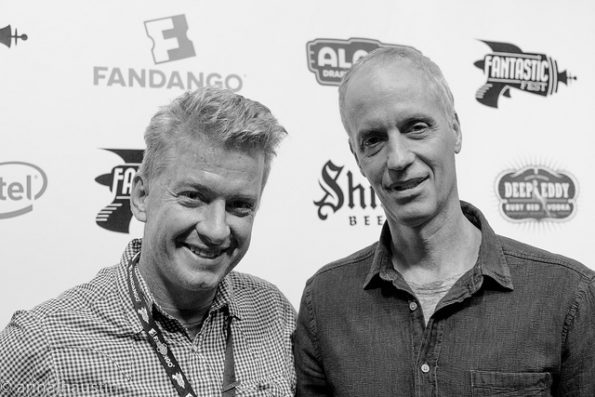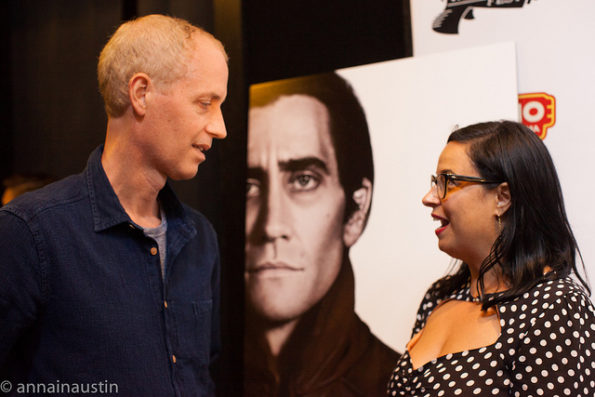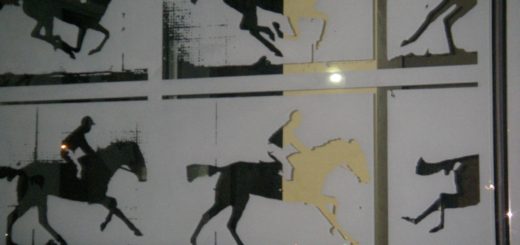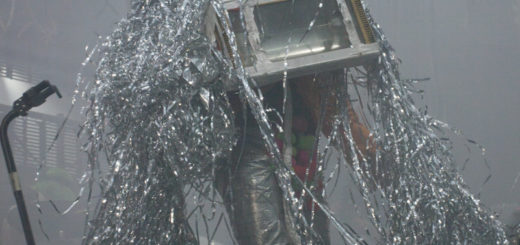Nightcrawler and the Gatekeeper Theory
At Fantastic Fest this fall, I was waiting with the other photographers for Dan Gilroy, the writer/director of the film Nightcrawler to arrive. Before seeing the film, several of the photographers noted the irony of waiting to take pictures for a film about the paparazzi.
When Gilroy arrived on the red carpet and posed for us, I’m pretty sure I thanked him for posing for “us paparazzi”. I thought I’d just get a genuine smile out of him, something that you don’t often find on people posing on the red carpet. (As much as it looks fantastic on television, the red carpet really doesn’t look like much for the celebrities who are posing.)
Instead Gilroy countered that we were the “invited press.” My response “That’s the nicest thing anyone has ever said about some of us.” fell flat. I don’t remember there being a laugh or a smile from him—or anyone-in response.
After seeing the film Nightcrawler—and Jake Gyllenhaal’s amazing performance– I can’t stop thinking about the exchange for two reasons.
The first is that the film seems to take place in an earlier world of journalism, one in which the “gatekeeper” theory applies. That’s the pre-Internet model where a certain number of powerful people determine a certain number of important stories—these people are the gatekeepers for what is “news.”
The second is the concept of “invited press.” While I started off working in print journalism (and I have done a tiny bit of broadcast work) I have a J-school degrees and I’ve had my work appear everywhere from The New York Times to NBC, but these days I’m a blogger, with all of the respect that implies. Then again, sometimes something will appear on my blog, then will appear in a different version later in a print property. The world is a changing place.
The film Nightcrawler also struck me as a perfect start for a journalism class discussion on ethics.
























